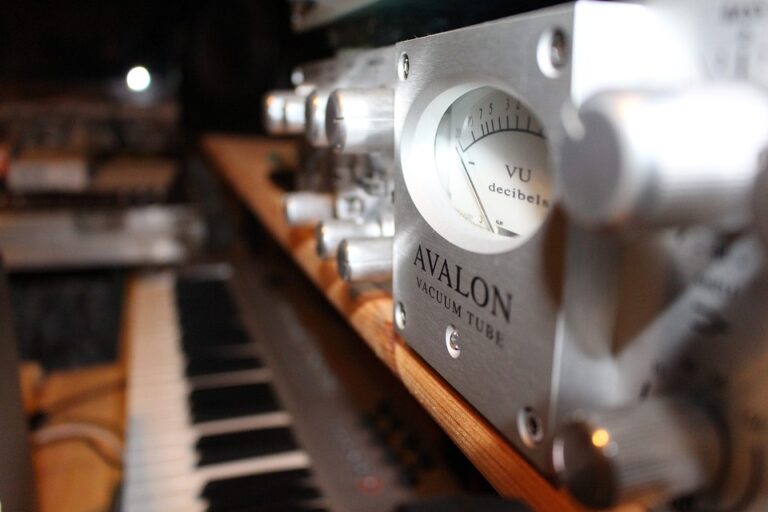Are you a proud owner of a Husky air compressor? Do you want to maximize its performance and lifespan? If so, you’ve come to the right place. In this article, we will provide you with top tips for operating your Husky air compressor effectively. By following these tips, you can ensure that your air compressor runs smoothly and efficiently for years to come.
1. Read the User Manual
Before using your Husky air compressor, it’s essential to read the user manual carefully. The user manual contains important information about the proper operation, maintenance, and safety precautions for your specific model. By familiarizing yourself with the manual, you can avoid potential problems and ensure the optimal performance of your air compressor.
2. Check the Oil Level
Many Husky air compressors require regular oil maintenance to ensure smooth operation. Before using your air compressor, always check the oil level and top it up if necessary. Failure to maintain the proper oil level can result in overheating and damage to the compressor’s components.
3. Monitor the Pressure Gauge
One of the most critical aspects of air compressor operation is monitoring the pressure gauge. Make sure to keep an eye on the pressure gauge while using the air compressor to prevent overpressurization, which can lead to equipment failure or safety hazards. Follow the recommended pressure settings for your specific application to ensure optimal performance.
4. Regularly Inspect and Clean the Air Filter
The air filter plays a crucial role in maintaining the air quality and performance of your Husky air compressor. It’s essential to inspect and clean the air filter regularly to remove dirt, dust, and debris that can clog the filter and affect the compressor’s efficiency. Follow the manufacturer’s recommendations for cleaning or replacing the air filter to ensure optimal operation.
5. Allow for Sufficient Ventilation
Proper ventilation is essential for the safe and efficient operation of your Husky air compressor. Make sure to place the compressor in a well-ventilated area with adequate airflow to prevent overheating and maintain optimal performance. Avoid placing the compressor in confined spaces or near flammable materials to reduce the risk of accidents.
6. Perform Regular Maintenance
To prolong the lifespan of your Husky air compressor, it’s crucial to perform regular maintenance tasks, such as checking for leaks, tightening connections, and lubricating moving parts. By keeping your air compressor well-maintained, you can prevent potential issues and ensure consistent performance over time.
7. Follow Safety Precautions
When operating your Husky air compressor, always prioritize safety. Follow all safety guidelines provided in the user manual and wear appropriate protective gear, such as goggles and ear protection. Avoid operating the compressor in hazardous conditions and use it only for its intended purpose to prevent accidents and injuries.
Conclusion
Mastering the art of air compressor operation is essential for maximizing the performance and lifespan of your Husky model. By following the top tips provided in this article, you can ensure that your air compressor runs smoothly and efficiently for years to come. Remember to read the user manual, check the oil level, monitor the pressure gauge, inspect and clean the air filter, provide sufficient ventilation, perform regular maintenance, and follow safety precautions for optimal results.
FAQs
1. How often should I check the oil level in my Husky air compressor?
It’s recommended to check the oil level in your air compressor before each use and top it up if necessary. Regular oil maintenance is essential for ensuring the smooth operation of your Husky compressor.
2. Can I use my Husky air compressor in a confined space?
Avoid using your air compressor in confined spaces to ensure proper ventilation and prevent overheating. Always place the compressor in a well-ventilated area with adequate airflow for safe and efficient operation.
3. How often should I clean or replace the air filter in my Husky compressor?
It’s recommended to inspect and clean the air filter in your compressor regularly, depending on the frequency of use and operating conditions. Follow the manufacturer’s recommendations for cleaning or replacing the air filter to maintain optimal performance.

